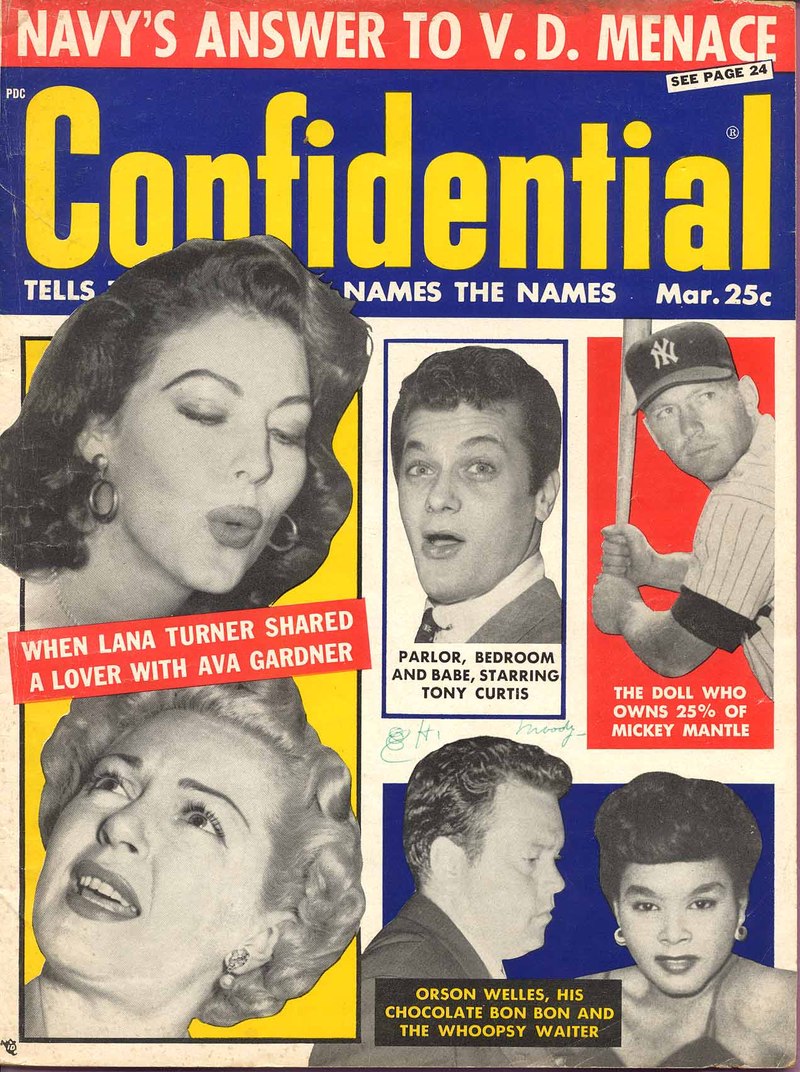
Earlier this month, former congressman Billy Tauzin announced that he would step down from his position as president of the pharmaceutical industry’s main lobbying group, the Pharmaceutical Research and Manufacturers of America — known by the shorthand PhRMA. Last year, PhRMA spent $28 million lobbying in favor of a health care overhaul, after negotiating a deal with the White House and members of Congress. Had the health care bill passed, the cost-cutting measures negotiated during several meetings at the White House would have saved the pharmaceutical industry $80 billion. By negotiating the secret deal, writer Paul Blumenthal explains, “the Obama administration got the biggest lobby in Washington and put them on the side of health care reform.” Meanwhile, the pharmaceutical industry got a guarantee that “Congress would not legislate any cost-cutting measures that would make a dent in industry profits.” Blumenthal, a senior writer at the Sunlight Foundation, determined that Congress and PhRMA met dozens of times to negotiate that deal. He tells Terry Gross that he learned who attended the meetings by examining Federal Election Commission records, public visitor logs to the White House and the publicly available schedule of Sen. Max Baucus, the chairman of the Senate Finance Committee. “The major people are President Obama, [Chief of Staff] Rahm Emanuel and Jim Messina,” Blumenthal says. “Jim Messina is the former chief of staff and campaign manager to Sen. Max Baucus. You see Jim Messina pop up in meetings between pharmacy CEOs.” Blumenthal says that the CEOs of pharmaceutical giants Pfizer and AstraZeneca attended a series of meetings at the White House throughout the spring and summer, and agreed to spend more than $150 million on ads touting a health care overhaul. That spending and the subsequent lack of progress on the bill, Blumenthal notes, may be why Tauzin resigned. “One of the key things to look at is the fact that pharmaceutical companies dumped $100 million to $150 million on ads and haven’t gotten what they paid for,” says Blumenthal. “They’re not thrilled that they spent [that money] in ads, and this isn’t going to pass.”
[Click to enlarge]
RADIO TIMES
Confidential was the proto TMZ.com. From 1952 to 1958, the sensational magazine was the go-to gossip source of its day. It’s publisher was a staunch fact-checking advocate, but held no virtue in getting most of his material through blackmail and a payroll that included waiters, bartenders and jilted lovers. Confidential outed homosexuals, mixed race couples and extra-marital affairs. Our guest, HENRY SCOTT, has revealed this history of gossip in  his new book, Confidential: Shocking True Story: The Rise and Fall of Confidential, ‘America’s Most Scandalous Magazine.’
his new book, Confidential: Shocking True Story: The Rise and Fall of Confidential, ‘America’s Most Scandalous Magazine.’
Brigadier General H.R. McMASTER is one of the minds driving today’s Army, and just led the effort to revise the Army’s training and planning for the next 20 years, a process called the Army Capstone Concept.” He is Director, Concept Development and Learning, in the Army Capabilities Integration Center (ARCIC) at Fort Monroe, VA, part of U.S. Army Training and Doctrine Command. He’s been called one of the “warrior-intellectuals” surrounding General David Petraeus who are attempting to transform the U.S. military even as — or especially as — it fights two wars. McMaster has served in numerous command and staff positions in armor and cavalry units in the United States and Germany. In 2005 and 2006, he led the pacification of Tal Afar in Southern Iraq, a success that formed part of the blueprint for the Surge of 2007, and what many perceive as ultimate “success” in Iraq. He earned a Silver Star in the first Gulf War in Iraq, and his experience there became the basis for a book of nonfiction by best-selling author Tom Clancy, called Armored Cav. And his doctoral dissertation, a merciless dissection of military brass lies during the Vietnam War, became a 1997 best-seller called Dereliction of Duty: Lyndon Johnson, Robert McNamara, the Joint Chiefs of Staff, and the Lies That Led to Vietnam. General McMaster will address an audience at the National Constitution Center next weekend as part of the Peter Jennings Project for Journalists and the Constitution, and he’s our guest today on Radio Times.

During our feature segment Jim and Greg are joined by Weezer lead singer Rivers Cuomo. However, it’s not Weezer that accompanies him. It’s the Chicago rock band The Cathy Santonies. Before visiting the studio, Rivers asked Jim and Greg to choose his songs and choose his backing band. Then after a brief sound check, they launched in completely unrehearsed. It’s a return to Rivers’ garage rock roots that preceded Weezer’s massive 1994 self-titled debut. He and the band have gone on to record a number of successful albums since then. However, as he explains to Jim and Greg, life as a musician has not been without conflict. In fact, Rivers Cuomo might be one of the most angst-ridden front men out there. Whether it’s being accused of being too soft (Pinkerton) or too much of a sellout (The Red Album), Rivers has always had his critics. Despite that he seems to be having fun, especially when rocking out.

